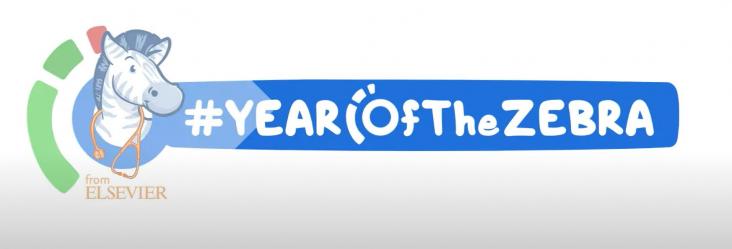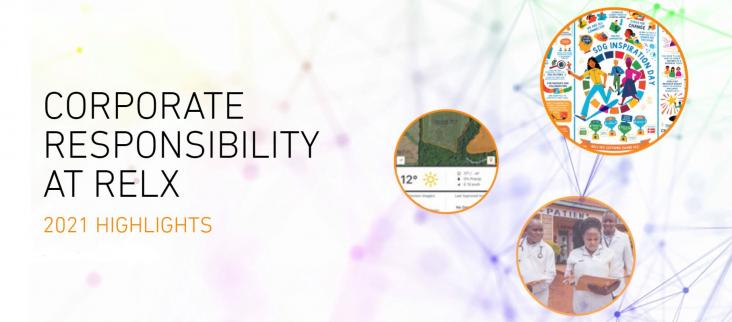This Article supports Sustainable Development Goal 3 by developing a methodology for discriminating between and classifying Alzheimer's disease and frontotemporal dementia according to demographic, clinical, and cognitive data, across centres in Latin America. The approach provided high accuracy with the combination of classical statistical and machine learning procedures.
FGM is a violation of human rights. FGM affects girls'/women’s physical and psychological health.
Elsevier,
Overcoming Obstacles in Drug Discovery and Development
Surmounting the Insurmountable—Case Studies for Critical Thinking
2023, Pages 215-222
This content aligns with Goal 3: Good Health and Wellbeing by identifying the reactive metabolite responsible for the species-specific nephrotoxicity observed in rats dosed with efavirenz provide a framework for addressing nonclinical toxicities and clinical risk and providing a solid scientific basis for regulatory review.

Elsevier Health is launching an ambitious initiative called “The Year of the Zebra” to educate millions of current and future healthcare professionals, caregivers, researchers, patients, family members, and the general public about rare disorders.

In 2021, RELX continued to build on our strong corporate responsibility (CR) performance during the year, further improving on our key internal metrics and extending the scope of our unique contributions. This article is linked to SDGs 1,3,10,11,12,13 and 16, in line with RELX's areas of expertise.
Due to multiple cellular blocks in transcription, HIV-1 latency can only be reversed in a minor fraction of infected but potentially virus-producing CD4+ T cells from infected patients. New insights into the regulation of transcription elongation factor P-TEFb as a crucial rate-limiting step in the emergence of HIV-1 from latency may help design more effective latency reversal agents during HIV-1 infection.
This review supports SDG3 by detailing the current fundamental knowledge of HDV lifecycle and review antiviral treatments under development against this virus, outlining their respective mechanisms-of-action. Finally, it describes the antiviral effect these compounds are showing in ongoing clinical trials, discussing their promise and potential pitfalls for managing HDV infected patients.
This article supports SDG 3 by providing accurate folds of Hepatitis E Virus' five domains. The work highlights that there is no canonical protease encoded in pORF1 and that flexibility in several functionally important regions rather than proteolytic processing may serve to regulate HEV RNA synthesis
This article supports SDG 3 as chronic hepatitis B (HBV) and C virus (HCV) infections represent significant public health issues internationally. This paper aims to evaluate the efficacy of hepatitis B vaccination in HCV-related chronic liver disease and identify possible factors that may contribute to hypo-responsiveness in those patients.
This Article supports SDG 3 as the results show that two doses of the HEV 239 vaccine produces broad and likely functional immune responses against HEV that remain for at least two years. The safety profile was acceptable and a phase four study of HEV 239 in rural Bangladesh is feasible.
